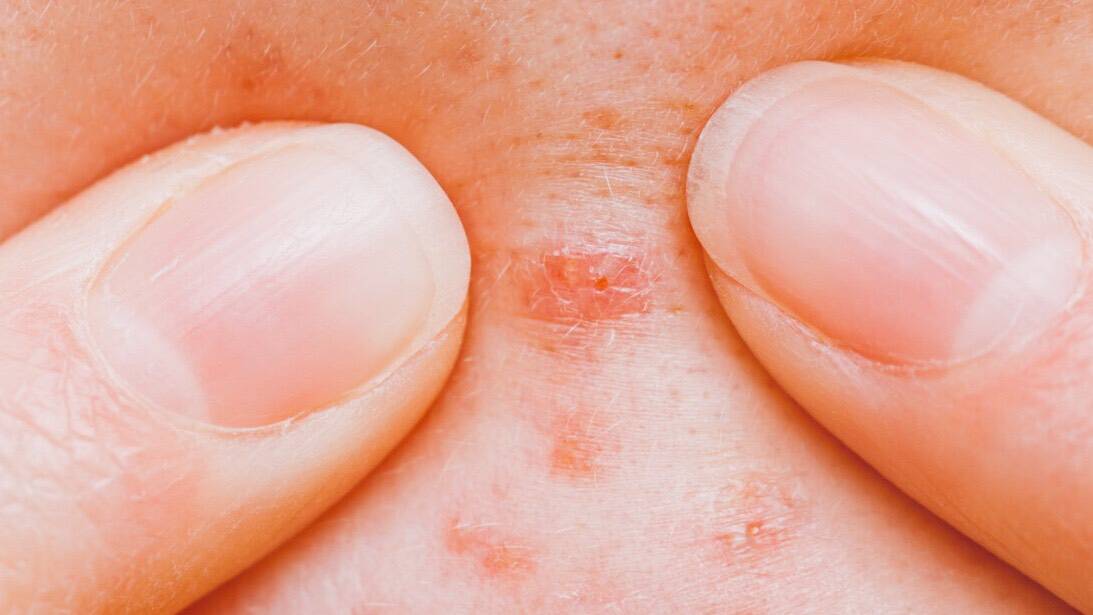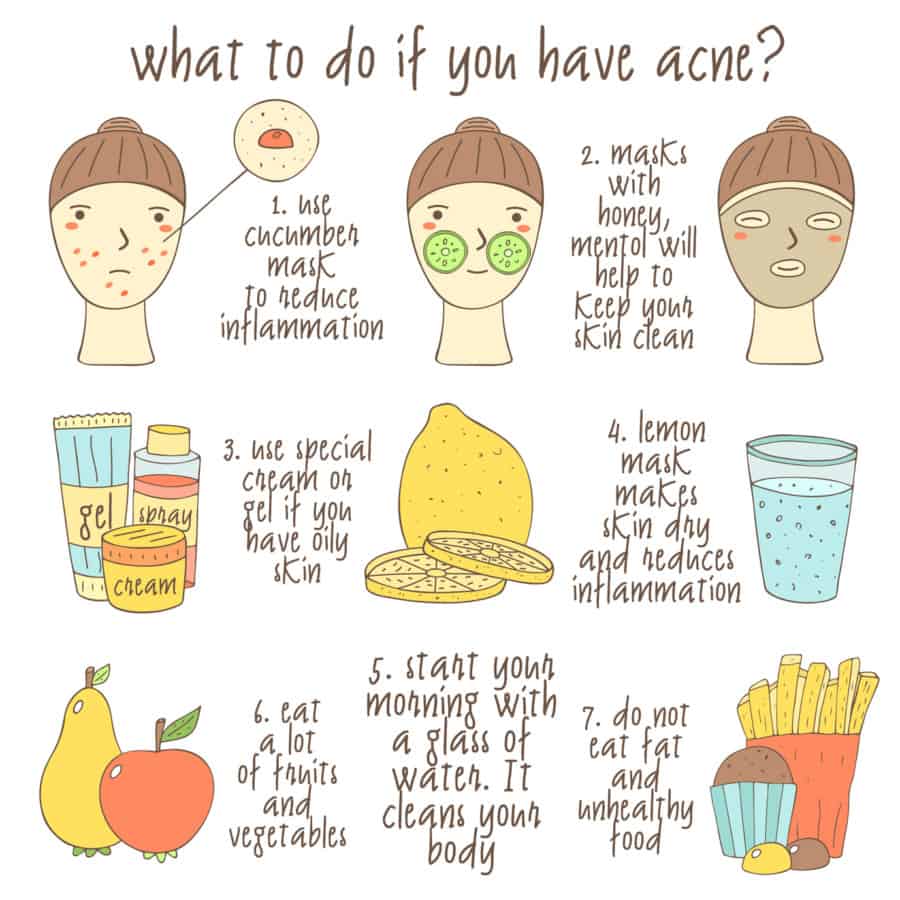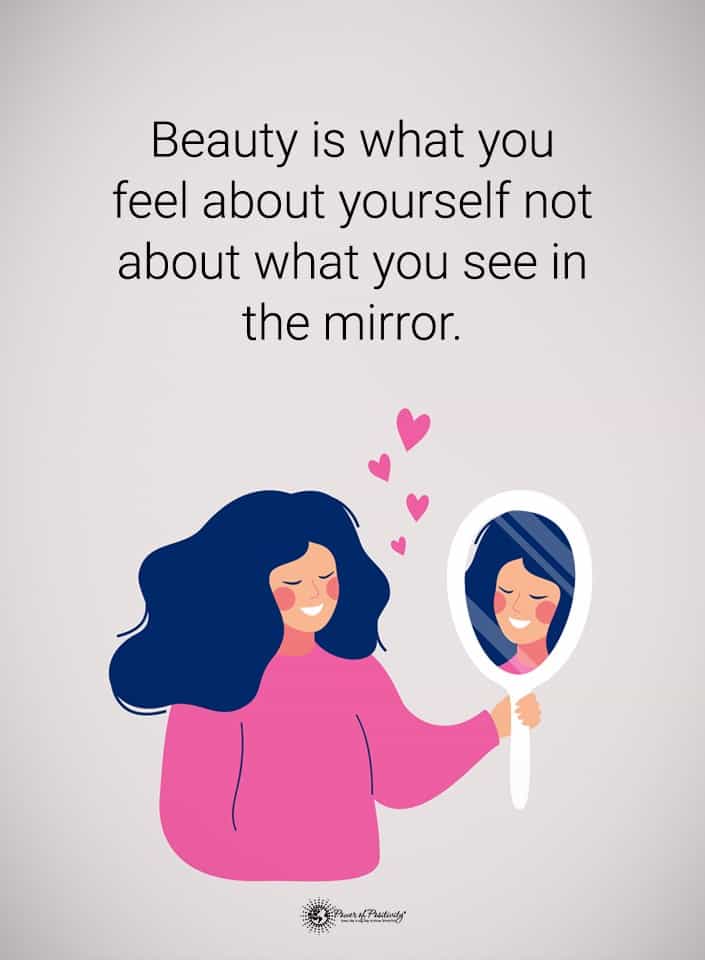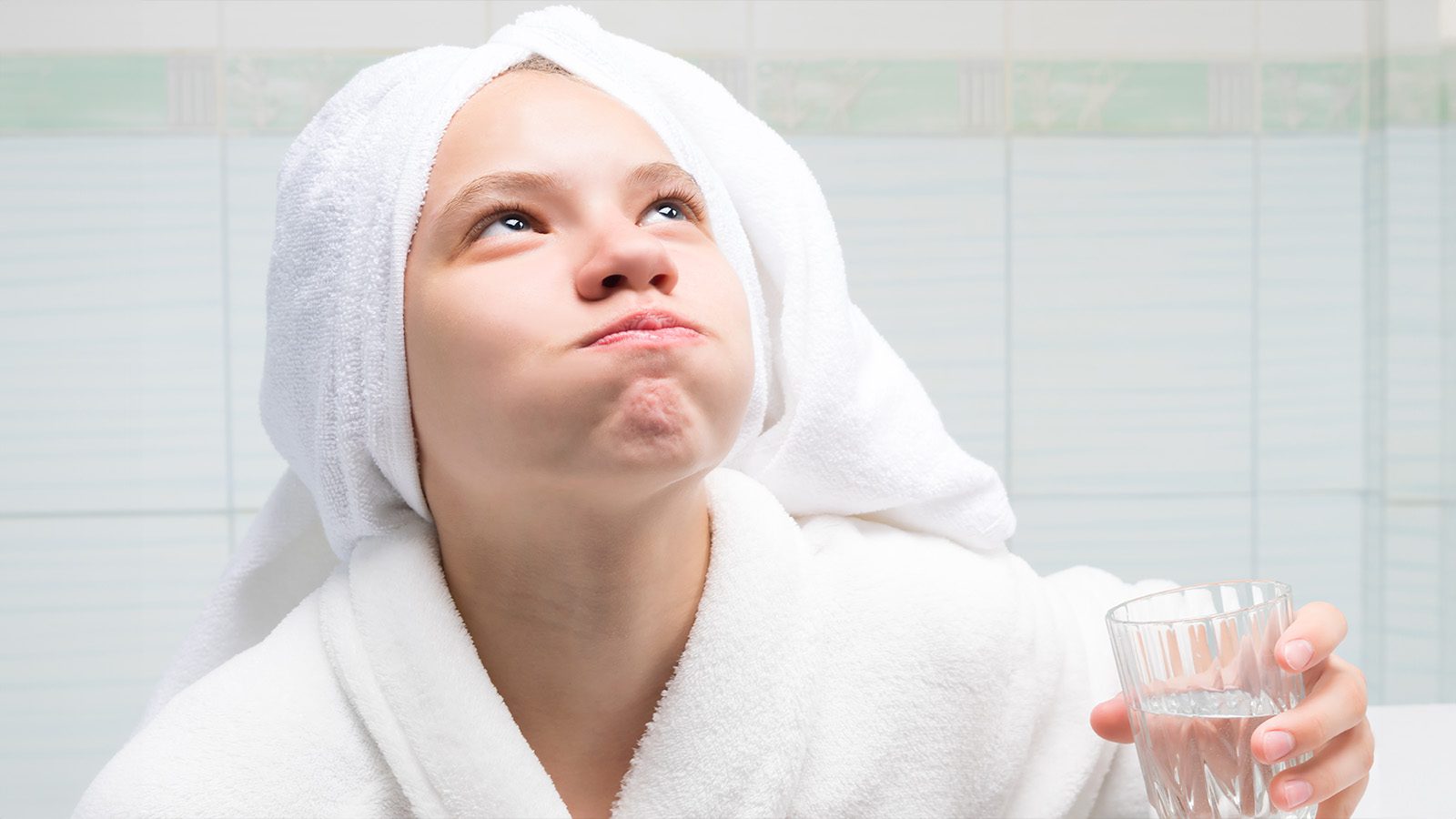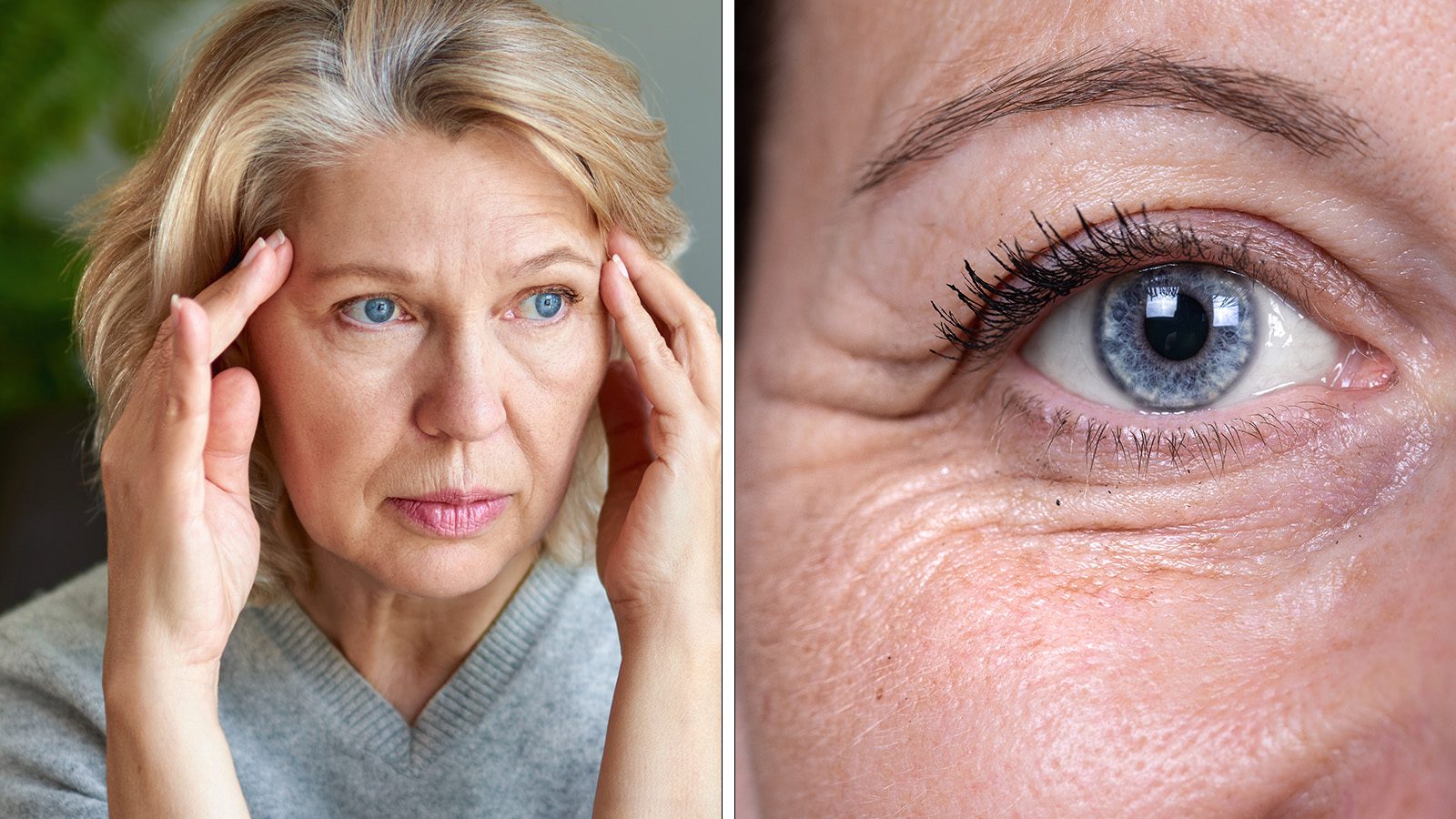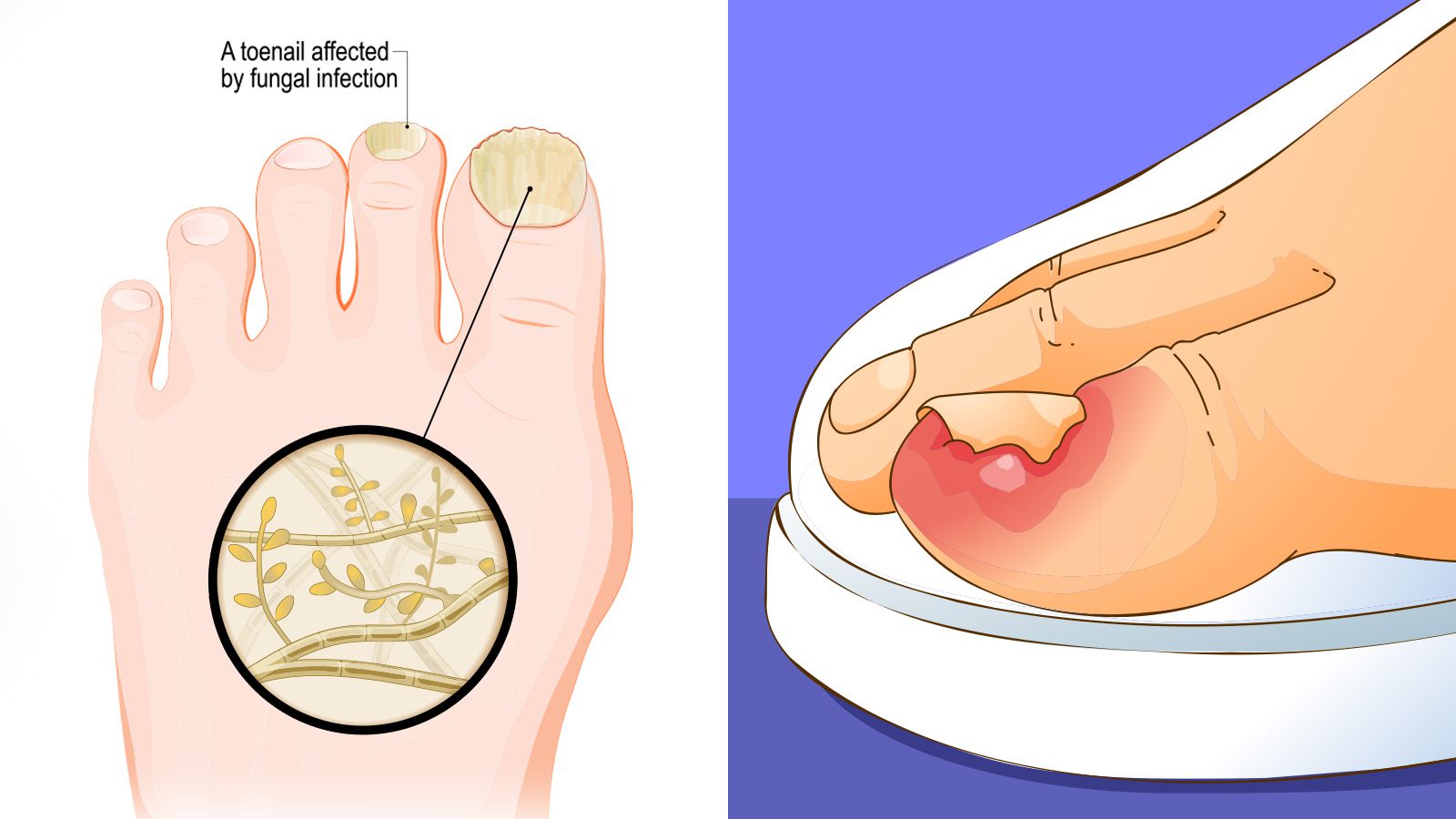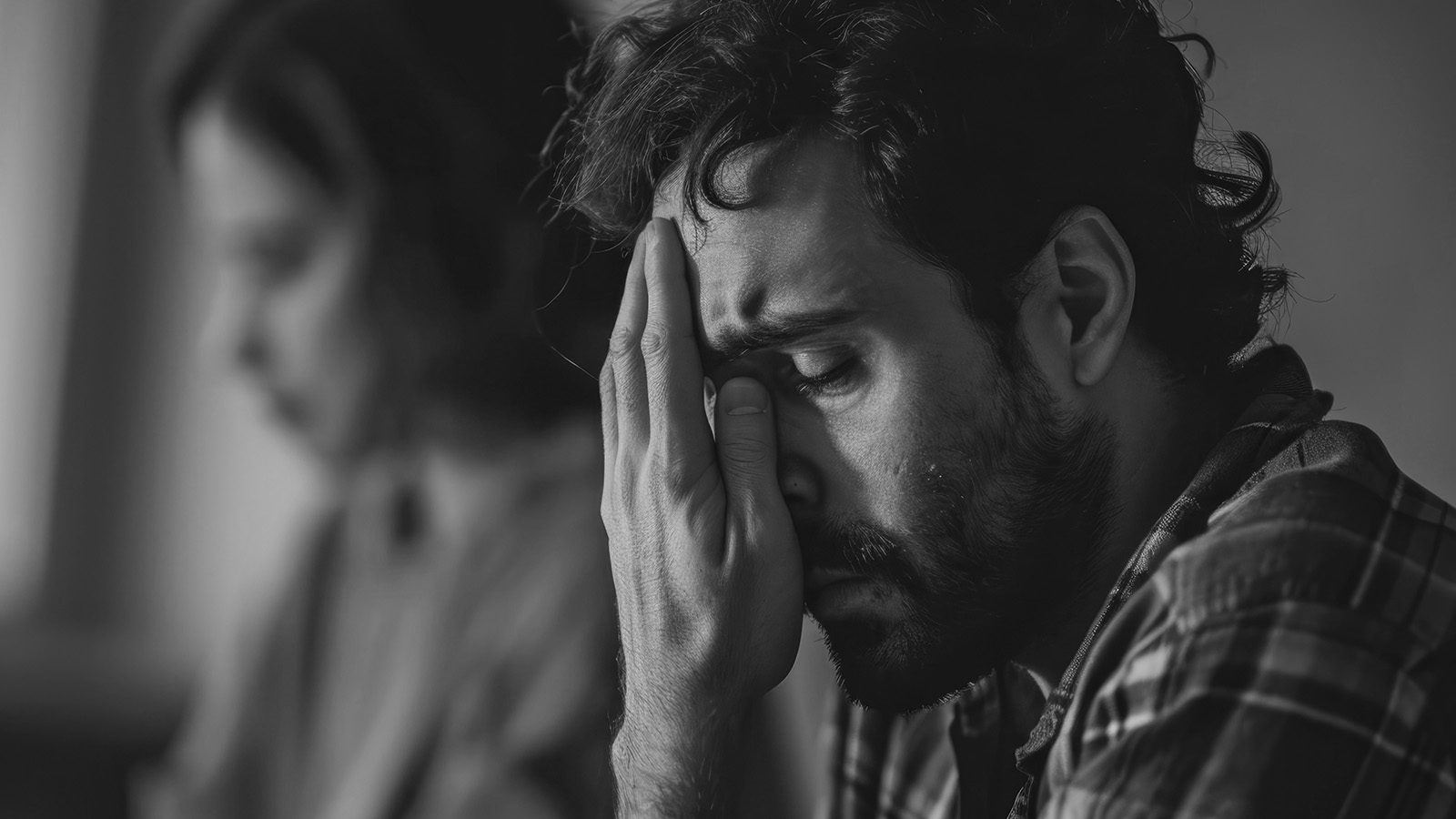You are probably well aware that your skin (including fingernails and hair) reflects your health. According to a technique called ‘face mapping,’ various areas of the face reflect the health status of different internal organs.
“Face mapping is the ability to see the reflection of the body’s organs on each part of the face by observing the face’s complexion — such as luster, dullness, and color— as well as the tongue and face expression,” explains Chinese scholar and co-founder of the skincare line Baszicare Chapman Lee.
The practice of face mapping dates back several thousands of years and is the product of (mainly) Chinese and Indian medical practitioners. The concept of face mapping has slightly evolved to include newer dermatological findings. However, the central idea remains the same: where you’re breaking out reflects what’s going on in your body.
Five Things Your Pimples Reveal About Your Health
Here is what the six areas of your face and what the presence of acne may reveal about your health:
1. Cheeks
According to face mappers, your cheek area is associated with lung function.
Medical conditions such as bronchitis, chronic obstructive pulmonary disease (COPD), or respiratory failure may present with acne around one cheeks. Heavy smokers are also more likely to develop skin problems around the cheek area.
Taking care of allergies and avoiding smoking are two ways to clear up this area of the face.
2. Chin and Mouth
The chin and mouth are related to the upper gastrointestinal tract. Skin problems in this area may be due to poor eating habits, e.g., overconsuming fast foods and processed foods. To keep breakouts from occurring in this area, consider eating a natural, fresh-foods-only diet. Also, get plenty of fiber, which helps ease digestion.
The chin area is associated with the kidneys – which contain the byproducts of metabolism – and the urinary tract (bladder, ureters, and urethra.) PMS symptoms often cause inflammation of the skin around the chin area. Reducing your stress and toxins exposure is paramount to clearing up problems around these areas.
3. Lower forehead
Ancient schools of Chinese and Indian medicine taught that the lower forehead is connected to your mind and spirit. The surfacing of acne, pimples, and other blemishes may be due to prolonged bouts of anxiety and stress.
The area around your eyebrows is indicative of liver health. Acne here may indicate that you ingest too many harmful toxins (e.g., alcohol, fast food, nicotine.) Preventing acne requires eliminating or moderating toxin exposure and a new, low-fat diet.
4. Upper Forehead
The area where your hairline begins ends in the upper part of the forehead. Chinese and Indian medicine practitioners believe that this area is linked to the lower intestines or lower gastrointestinal (GI) tract. Acne in this area may indicate problems with digestion.
Rectifying skin issues around the upper forehead requires consuming plenty of antioxidants (berries, green tea, lemon water, etc.). Also, make sure to eat foods that are rich in dietary fiber (artichokes, peas, beans, lentils).
5. Pimples on the nose
Skin areas around the nose may reveal problems with the lungs and respiratory system. Also, oily skin and dehydration in this area may lead to blackheads and pimples.
Cardiovascular problems are also linked to skin health in this area. Try to limit your exposure to stress – and see if blemishes around your beak clear up (who knows, right?!)
Another way to avoid breakouts around the nose is to eat a healthy, natural diet with plenty of fruits and vegetables. Besides that, make sure to wash your face using the appropriate type of wash for your skin type (and sensitivity.)
How to Care for Your Skin to Avoid Pimples
1. Use a Cucumber Mask to Lower Inflammation.
Cucumbers have a high water content, so making a mask can keep your skin hydrated. Since water contains oxygen, this will help lower Inflammation and keep your follicles from clogging.
2. Try a Mask With Honey and Menthol for Fresh Skin.
People have been using honey as an anti-inflammatory for thousands of years. Honey also contains antioxidant and antibacterial properties, making it an ideal ingredient for a face wash. Menthol has cooling properties to make the skin feel refreshed as well.
3. Use Special Cream or Cleanser For Oily Skin.
Many face masks and cleansers are specifically formulated for oily skin. The next time you buy a face cream or gel, pick one suited to your skin type. Alternatively, you could use apple cider vinegar or honey and lemon, as the astringent properties will make your skin dry.
4. Opt For A Lemon Mask to Reduce Inflammation.
Lemons can naturally help soak up excess oils on the skin and unclog pores. If you have pimples, make sure to try a lemon mask to cleanse the sebaceous glands.
5. Stay Hydrated Throughout the Day.
Water is essential for almost every function in the body, including keeping the skin hydrated. Drink at least 3 liters of water each day, so your skin stays moist and refreshed.
6. Eat Your Fruits and Vegetables.
Fruits and vegetables also make the skin glow and provide essential nutrients. If you want clear skin, try to eat several helpings of fruits and veggies each day.
7. Avoid or Limit Processed Foods.
As we said above, oily, greasy foods can increase the likelihood of pimples. Avoid fast foods and simple carbohydrates and opt for fresh, whole foods instead.
What Causes Pimples?
Although most people associate acne and pimples with teenagers, adults can get breakouts too. A study by the Journal of Clinical and Aesthetic Dermatology found that adult acne affects at least 15% of men and 80% of women in the United States. Pimples occur when oil and dead skin cells clog hair follicles. When the clogged pore becomes infected with bacteria, a pimple or zit forms.
While most people get acne on their faces, breakouts can also occur on the back, neck, and shoulders. Both genetics and environmental factors such as pollution, diet, and stress can contribute to pimples.
The most common causes of pimples include the following:
• Hormone Fluctuations
A group of sex hormones called androgens can cause pimples in men and women. While men naturally have higher androgen levels, women produce the hormone in smaller amounts. An increase in androgen causes sebaceous follicles to enlarge and produce excess oil or sebum.
Your skin requires sebum to stay hydrated, but too much oil can clog pores. Some women find more acne during menopause due to a decrease in estrogen and an increase in androgens. Women with PCOS and other conditions associated with hormonal imbalances can also get pimples.
• Diet
The foods we eat affect every aspect of our minds and bodies, including our skin. The American Academy of Dermatology Association says that certain foods high on the glycemic scale can increase the likelihood of acne. Foods and drinks that quickly raise blood sugar, such as white bread, white rice, potato chips, fries, desserts, and sugary beverages, fall under this category.
Eating simple carbohydrates such as these triggers an inflammatory response throughout the body, causing your skin to ramp up sebum production. This creates the perfect environment for zits to form.
However, following a low-glycemic diet that includes fruits, vegetables, lentils, and grains can reduce pimples. Researchers found that 2,258 US patients who followed a low-glycemic diet for weight loss also had less acne. In fact, 87% of the patients reported a reduction in pimples, and 91% didn’t need as much acne medication.
Some people in the studies also reported having more acne when they drank cow’s milk. Researchers found that women who drank two or more glasses of skim milk per day had a 44% higher chance of getting pimples than other women. Interestingly, the researchers didn’t find any evidence that dairy products like cheese or yogurt caused breakouts – just milk. It’s believed that certain hormones in the milk may trigger Inflammation throughout the body, leading to acne. However, more research is needed to confirm these findings.
• Makeup
Many women find that their makeup can clog their pores, leading to pimples. Oil-based foundations and concealers, in particular, can cause acne because of the excess oils in the products. If you frequently get breakouts from your beauty products, consider switching to brands that don’t use oil. Also, wash your makeup off thoroughly each day to prevent clogged pores. You might want to go makeup-free a few days per month to give your pores a chance to breathe.
• Stress
According to research, chronic stress can cause pimples due to increased cortisol and androgens. Our bodies produce these hormones in response to stress, causing oil production in the skin to expand. This can lead to breakouts during prolonged stressful episodes. To keep pimples from appearing, practice mindfulness or other relaxation techniques. Keeping your stress low will also improve other aspects of your health, such as mental and emotional wellbeing.
Final Thoughts on Pimples and Your Health
When you have an acne breakout, it can tank your self-esteem and overall mood. You might not worry about pimples if you’re an adult, but they can pop up from time to time. During periods of high stress or hormonal fluctuations, you might see a few pimples on your chin or cheeks. It’s nothing to feel concerned about unless you start noticing them more often.
However, you can take matters into your own hands and avoid pimples by making lifestyle changes. Exercising, eating healthy, managing stress, and practicing good hygiene can help keep pimples from forming.

